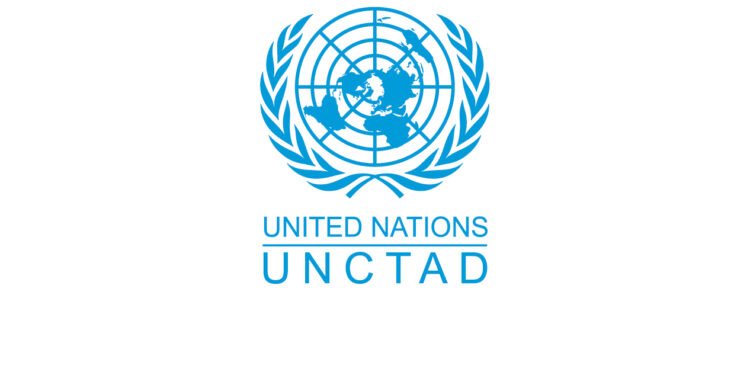Zambia listed among weak, vulnerable economies
By Tony Nkhoma
THE United Nations Trade and Development (UNCTAD) says Zambia has been listed among the most vulnerable economies if it is not removed from shared tariffs.
Already grappling with low growth and mounting uncertainty, vulnerable and small economies, including Zambia, whose activities have a negligible effect on trade deficits should be exempted from new tariff hikes.
According to a new report released on 14 April, UNCTAD was now speaking up to call for the poorest and most vulnerable economies to be exempt from “reciprocal tariffs”.
Over the years, a rules-based global trading system had boosted international commerce and contributed to a gradual, steady decline in tariffs, a tax that countries levy on imported goods.
The UNCTAD report says in contrast, a sweeping spate of steeper tariffs recently introduced by major economies such as the United States and China are raising concerns over escalating trade tensions and their impact on developing countries.
The report states that such tariffs, currently on suspension for 90 days, are calculated at rates to balance bilateral merchandise trade deficits between the United States and 57 of its trading partners, which range from 11 per cent for Cameroon to 50 per cent for Lesotho.
The report titled ‘Escalating tariffs: The impact on small and vulnerable economies’ says in many cases, reciprocal tariffs risk devastating developing and least developed economies without significantly reducing US trade deficits or increasing revenue collection.
Zambia is lying on number 21 was among the 57 most vulnerable economies at risk contributing 0.004 per cent to the US Trade Deficit as reported by the UN Trade and Development calculations based on United States national statistics.
“The 28 trading partners targeted by reciprocal tariffs each contribute less than 0.1 per cent to the total United States trade deficit. 28 out of these 57 trading partners each account for less than 0.1 per cent of the deficits yet could still be subjected to reciprocal tariffs,” UNCTAD reports.
It observes that the 57 US trading partners concerned, 11 of them from the least developed countries contributed minimally to US trade deficits.
“As many of these economies are small in size, structurally weak with low purchasing power, they offer limited export market opportunities for the US. Any trade concessions they grant would mean little to the United States, while potentially reducing their own revenue collection,” UNCTAD says.
UNCTA reports that if the reciprocal tariffs kick in again, demands for many imported goods are likely to decrease because of higher prices.
“Even if US import levels were to remain at 2024 levels, additional tariff revenue collected from poorer and smaller economies would be minimal, for each of 36 of the 57 trading partners, the reciprocal tariffs would generate less than 1 per cent of US current tariff revenues,” the report reveals.

























